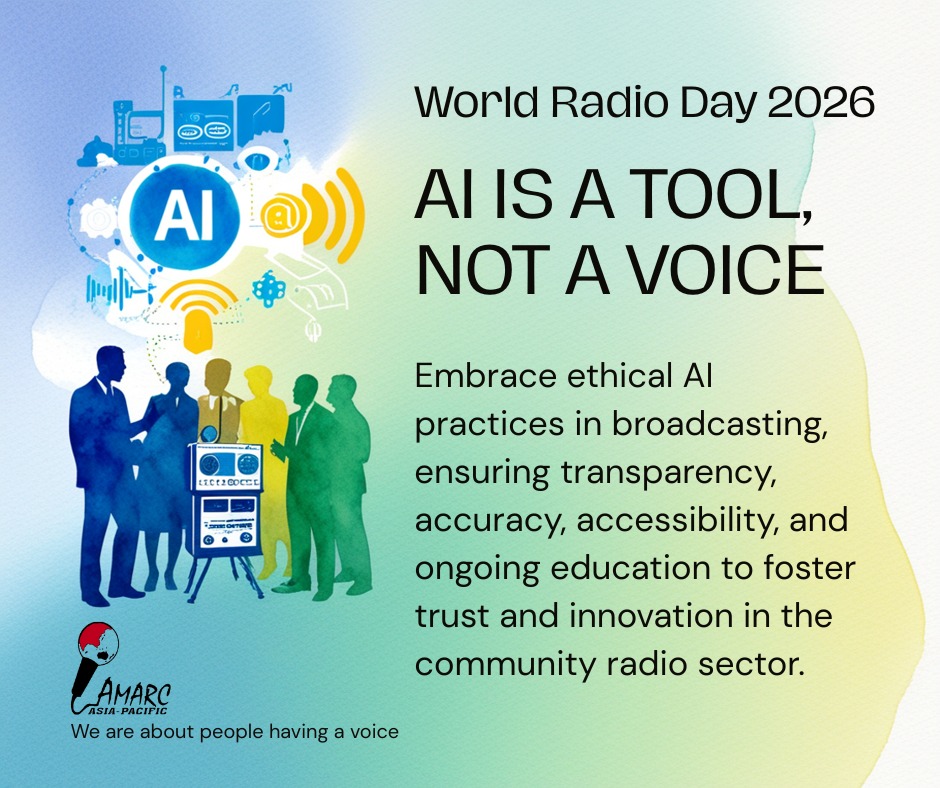
2025 FAO/IAMCR RCS awardees present papers during the IAMCR Conference in Singapore
The FAO/IAMCR Rural Communication Services (RCS) Awards session during the 2025 IAMCR Conference in Singapore on July 16 showcased the winning papers of three outstanding researchers whose work explores how communication can bridge the rural divide.
This awards session was a celebration of meaningful efforts to make communication systems more inclusive, community-centered, and responsive to the real challenges rural populations face. The first presentation came from Dr. Subekti Priyadharma of Universitas Padjadjaran in Indonesia, whose award-winning research tackled rural digital connectivity. Titled “Developing a National Strategy for Enabling, Shaping, and Seeding Meaningful Community-Centered Connectivity in Rural Indonesia,” their work offers a roadmap for bridging the digital divide through locally grounded, inclusive strategies.
Dr. Priyadharma shared how his team engaged with rural communities, digital innovators, and policymakers through national events like the Rural ICT Camp and field visits across Indonesia. The research emphasized a Theory of Change framework that aims to make internet access not just available, but meaningful for marginalized groups. His presentation highlighted the structural challenges that hinder connectivity and called for community-led approaches that prioritizes gender equality, cultural sensitivity, and local leadership. The session drew appreciation from peers for its vision of Internet Komunitas Bermakna, or community-centered internet in Indonesia.
Next to take the stage was Dr. Mohammad Sahid Ullah from the University of Chittagong in Bangladesh. His research titled “ICTs, Community Empowerment and the Politics of Inclusion and Exclusion in Rural Bangladesh” discussed the assumptions behind digital development programs. Focusing on the Union Digital Centres (UDCs), a nationwide initiative aimed at bringing government services to rural areas, Dr. Ullah’s study unpacked how power dynamics at the local level shape who actually benefits from such services.
Drawing from interviews across six different sites, Dr. Ullah explained how local elites tend to dominate access to digital services, leaving women, the poor, and marginalized groups behind. He argued that without first addressing social inequalities, ICT initiatives run the risk of reinforcing the very problems they aim to solve. His talk received praise for its critical lens and for highlighting the need to design development interventions that are locally negotiated and politically aware.
Rounding out the trio of awardees was Dr. Li Zhang of Tsinghua University in China, who offered a communication perspective on technology adoption in agriculture. Her study, “The Impact of Trust in Information Source on Farmers’ Intentions to Adopt Agricultural Technologies,” was conducted in Inner Mongolia and explored how farmers’ trust in information sources shaped their willingness to embrace nature-based solutions.
Each awardee received certificates and tokens of recognition after the presentation. The session ended with applause and commemorative photographs that captured the awardees standing proudly with members of the IAMCR’s Rural Communication Working Group and conference participants.
[Note: This article is originally published in the CCComDev website.]



